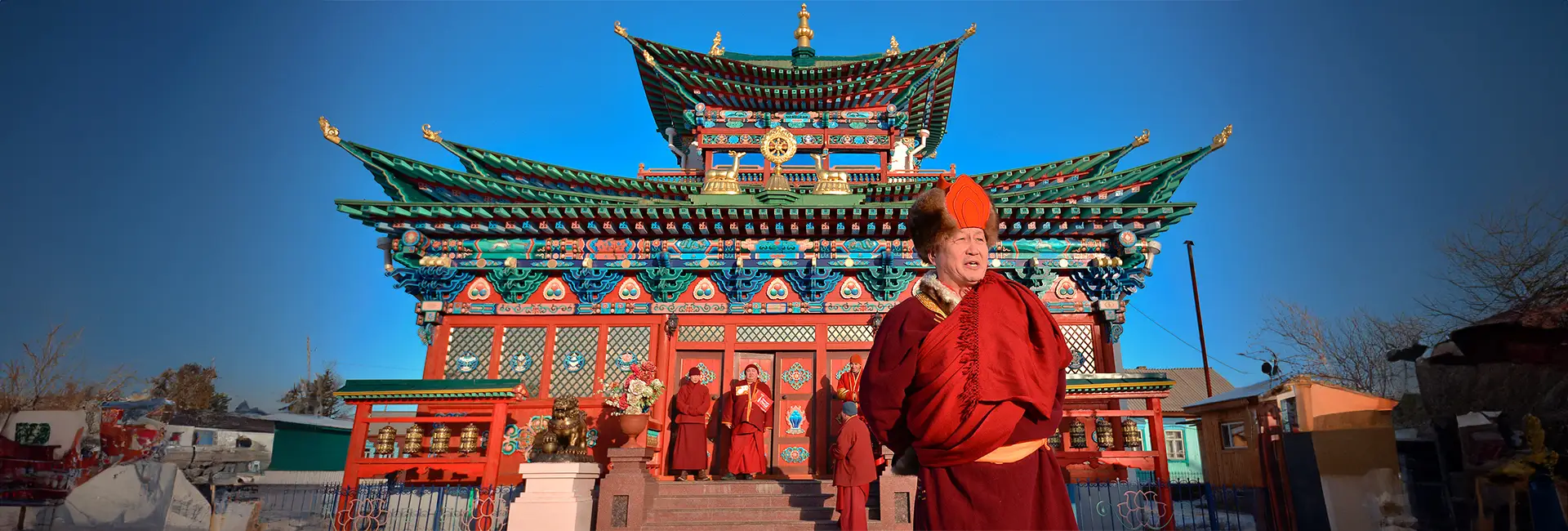The article first appeared in Financial Express on July 7, 2024.
The journey of cultural and philosophical ideas across continents has been one of humanity’s most profound achievements. Among these remarkable exchanges is the relationship between India and Russia, particularly reflected in their shared Buddhist culture. The historic ties between the two nations underscore the universality of human thought and the interconnectedness of civilizations.
India finds mention in Russia’s oldest chronicle, The Tale of Bygone Years (compiled around 1113), which references “Indiya” in its opening pages on the world’s creation. This highlights India’s early cultural and spiritual significance to Russia, a connection that has evolved over centuries. As Prime Minister Narendra Modi visits Russia on July 8-9, 2024, this historical relationship is poised for renewed vigor, especially through cultural dimensions that transcend conventional diplomatic ties.
Kalmykia, a region in European Russia along the Silk Route, exemplifies the enduring Buddhist influence in Russian culture. Here, Buddhism has seen a revival, particularly within the Vajrayana tradition. This school, known for its prayer wheels and intricate rituals, spans a vast geographic region, including Tibet, Ladakh, Lahaul-Spiti, Kinnaur, Nepal, Bhutan, Sikkim, Arunachal Pradesh, Mongolia, Buryatia, and Kalmykia.
Buddhism arrived in Buryatia, Siberia, during the mid-17th century, primarily through influences from Mongolia and Tibet. By 1764, Buddhism had gained official recognition as one of Russia’s national religions, reflecting its integration into Russian society. Buddhist monasteries, or datsans, became centers of learning where Sanskrit, Tibetan, and Mongolian manuscripts were meticulously studied and preserved.
Kalmykia holds the distinction of being the first Buddhist region in Europe by the 17th and 18th centuries. This cultural integration is symbolized by the establishment of a Buddhist temple in St. Petersburg in 1915, driven by the efforts of Agvan Dorzhiev, a prominent Buryat Lama. Today, Kalmykia and Buryatia continue to celebrate their Buddhist roots, connecting them to India as the birthplace of Buddhism.
This shared cultural heritage offers a unique dimension to India-Russia relations, rooted in spirituality and mutual respect. As contemporary ties strengthen, there is immense potential for rediscovering and fostering this shared history, creating new avenues for cultural and intellectual collaboration…
Read More: Financial Express
Find more Global Indian Top Reads

